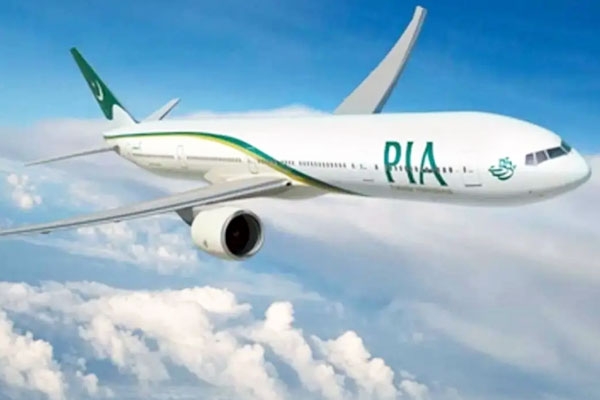
(Image source from: Theindiadaily.com)
India has installed sophisticated jamming technology along its western frontier to interfere with the Global Navigation Satellite System (GNSS) signals that support Pakistani military aircraft. This initiative has notably compromised their navigation and strike functions, according to informed sources. This action follows India's decision to close its airspace to all flights operated by Pakistan from April 30 to May 23. The jamming systems put in place have the capability to disrupt various satellite navigation systems, including GPS from the United States, GLONASS from Russia, and Beidou from China, all utilized by the Pakistani military, sources indicated. This strategy aims to hinder Pakistan's situational awareness, precision targeting, and the effectiveness of their guided munitions in any potential conflicts or incursions, they added.
This development takes place against a backdrop of heightened tensions between the two nations, which escalated after a terror incident in Pahalgam on April 22, resulting in the deaths of 26 individuals. Shortly afterward, India enacted a NOTAM (Notice to Airmen) that restricted its airspace to any aircraft registered, operated, or leased by Pakistan, effective from April 30 to May 23. This notice was announced just as Pakistani airlines had begun to alter their flight paths to avoid Indian airspace, driven by worries about possible retaliatory actions from India, officials reported. With the formalization of this restriction, Pakistani airlines will now have to undertake longer and more expensive routes over Chinese or Sri Lankan airspace to reach Southeast Asian destinations such as Kuala Lumpur.
This airspace closure is part of a larger set of retaliatory actions implemented by India following the Pahalgam incident. Previously, India had suspended the Indus Waters Treaty and revoked visas for Pakistani citizens. The national airline, Pakistan International Airlines (PIA), operating a fleet of 32 aircraft, is expected to face significant challenges. Flights from Pakistan to Southeast Asia and the Far East will likely be extended by one to two hours. These necessary detours will increase fuel consumption, require longer crew duty periods, and may lead to adjustments in scheduling or frequency reductions. In contrast, Indian airlines such as IndiGo have a fleet of over 370 aircraft, while Air India operates more than 200, with further additions on order.



















